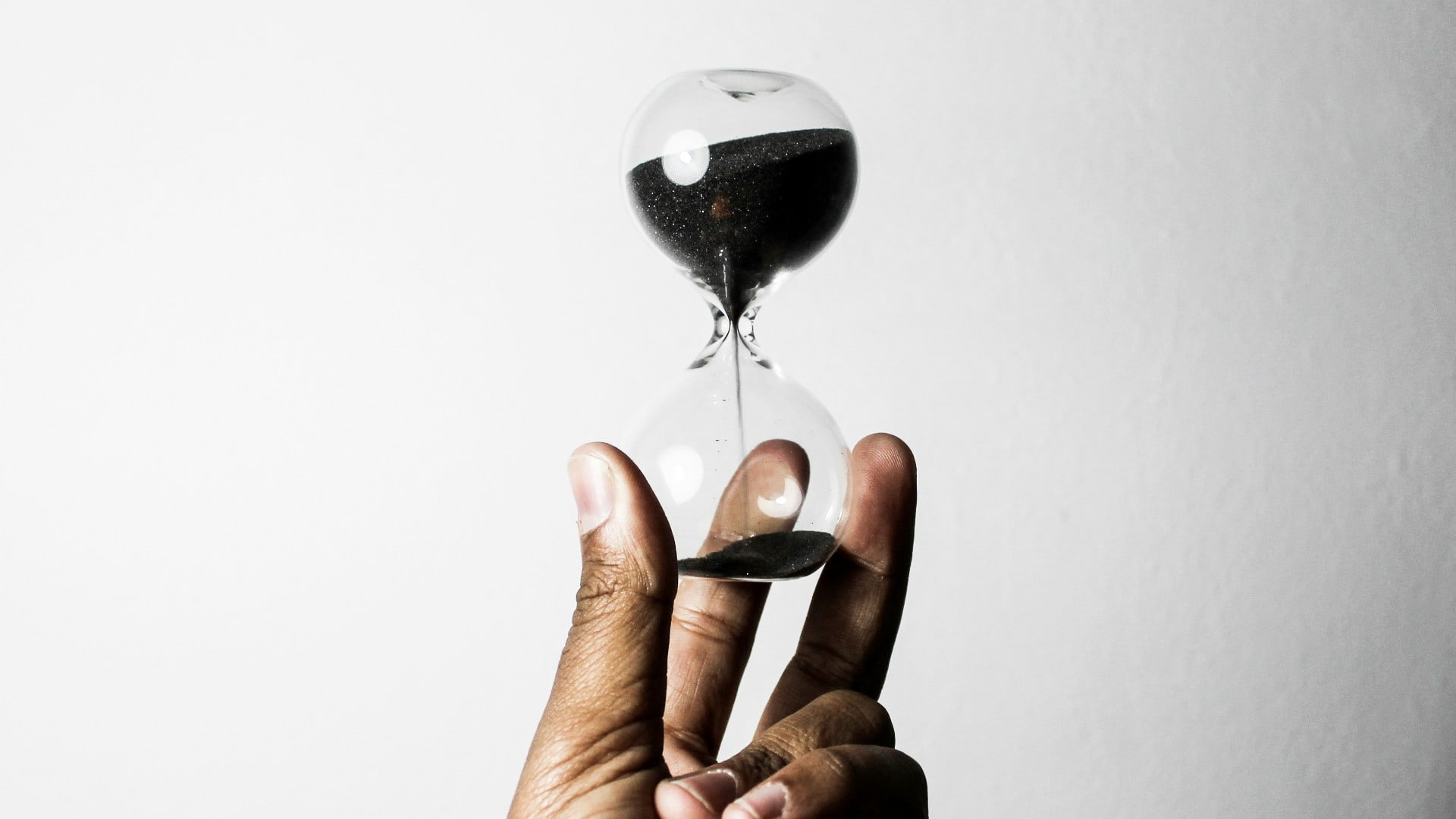July 8, 2024
PhD researchers have three minutes to make an impact
Annual competition encourages students to distil complex research into engaging presentation
How does one distil years of research and tens of thousands of words into three minutes? With a lot of creativity and a dash of fun.
This week (Wednesday 10 July), the eight finalists in the University of Wollongong’s (UOW) Three-Minute Thesis competition will take the stage to compete over who can best communicate their complex research. The aim is to turn an 80,000-word thesis into a presentation that lasts the same time as the average pop song.
With topics ranging from maritime policy to cancer treatment, marketing to children’s health, the Doctor of Philosophy (PhD) candidates will spend just three minutes presenting to the audience about their research, using every day, non-expert language.
The competition celebrates the exciting and cutting-edge research developed by PhD students. As part of their presentation, competitors are allowed only one slide with which to entertain and engage their audience.
The winner of the UOW heat progresses to the Asia-Pacific semi-final, hosted by the University of Queensland.
Deputy Vice-Chancellor and Vice-President (Research and Sustainable Futures) Professor David Currow, who will be a judge in the competition, said the Three-Minute Thesis was a chance for PhD candidates to consider how to communicate their research in a way that was inspiring and impactful.
“It is a special skill to turn a full body of research into a short, sharp presentation,” he said.
“The Three-Minute Thesis encourages PhD candidates to get to the core of why their research matters, to hone their communication skills and focus on how they are making an impact. I can’t wait to see what the UOW finalists have in store.”
The 2024 UOW finalists are:
Chloe Haynes, School of Psychology
A third-year PhD candidate, Chloe’s research focuses on the gendered nature of opioid use, and how patriarchal and societal notions of gender have impacted women’s experiences of opioid use, treatment, and recovery. She hopes to highlight to issues faced by women who use opioids and inform policy and service changes to help improve the experiences of women in treatment.
Rachel Wiseman, School of Humanities and Social Inquiry
Following a decade marketing some of the world’s most recognisable brands, Rachel Wiseman decided to explore profound questions about our economic structures. Her multi-disciplinary PhD draws on the philosophy of economics, moral psychology, and evaluative linguistics to systematically identify the moral values embedded in influential economic texts.
Elahe Minaei, School of Chemistry and Molecular Bioscience
Elahe Minaei is a third-year PhD student in the Perrow's Targeted Cancer Therapeutics Research Laboratory at UOW. As a storyteller and poet, she envisions the world inside the body as a parallel to the external world. She believes that when science and imagination come together, innovation is born.
Melissa Eaton, School of Medical, Indigenous and Health Sciences
An Accredited Practising Dietitian, Melissa Eaton’s PhD research investigates nutrition and mental health, with a focus on eating behaviour, disordered eating, and weight-stigma. Melissa hopes her research will contribute to the adoption of a more ‘health-centric’ healthcare system, to better support all bodies and individuals living with mental health concerns.
Tiana Breust, School of Mechanical, Materials, Mechatronic and Biomedical Engineering
Tiana’s PhD project focuses on the development of computer-based methods applied to the clinical management of surgeries in children with cerebral palsy. This highly interdisciplinary topic highlights how advancements in computational methods can be applied to drive better patient outcomes in the future.
Rajib Das, Institute for Superconducting and Electronic Materials
Rajib Das completed his undergraduate and master’s degrees in applied chemistry and chemical engineering in Bangladesh in 2013. Rajib’s PhD focuses on synthesizing advanced nanomaterials to protect human health from the harmful effects of reactive oxygen species produced by ionizing radiations like UV, X-ray, and gamma rays.
Jacki Johnson, School of Business
A former occupational therapist and safety scientist, Jacki Johnson’s PhD explores how Australian businesses make the strategic decision to commit to social and environmental goals and the governance practices that support the delivery to these goals. Jacki has also been a faculty member of the Cambridge Institute of Sustainable Leadership (Australia and New Zealand) .
Lucky Wuwung, Australian National Centre for Ocean Resources and Security
A PhD candidate from Indonesia, Lucky Wuwung’s research is dedicated to integrated ocean governance at the national level, aiming to learn from the experiences of maritime nations in managing their ocean and coastal areas. The lessons and insights gained from this research will contribute to advancing Indonesia and other maritime countries' goals for sustainable ocean development.
